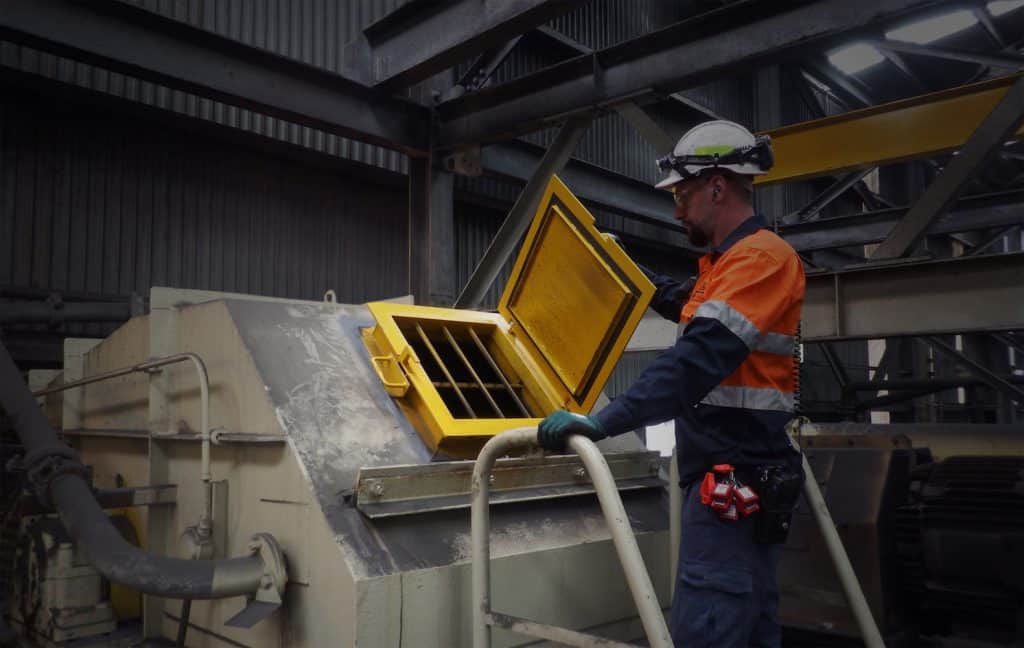Workplace incidents are unfortunately quite common, especially in the industrial and mining sectors. The range of tasks, hazards, situations and environments that workers are exposed to are inherently dangerous. There are some areas which are more hazardous than others, thus they require more thought and procedure in regard to injury and fatality prevention. Certified and compliant equipment is an obvious starting point, coupled with safe procedures, hazards can be minimized and injuries and fatalities can be prevented.
Over the last two years there have been 9 mine-site related fatalities, these include; fatalities that occur in the coal mining, oil and gas extraction, metal ore mining, gravel and sand quarrying, and services to mining sectors (Source: SafeWorkAustralia 2019). Ensuring the working environment for every member of the team is safe is essential. Too many people have lost their lives due to unsafe situations and equipment.
Safety and Health Snapshot 2016-2018
Line-of-fire
- 253 notable incidents
- 83% classified as serious
- 11% occurred in the processing plant
Don’t get caught in the line-of-fire
- Never stand under anything that can fall on you
- Keep hands and body parts away from areas where they can be crushed
- Never start work if there is a risk an object could strike you or a colleague
- Employ safe, certified equipment
Suspended Loads
- 52 notable incidents
- 21% classified as serious
- 48% occurred during maintenance
Reduce the risk
- Never walk or work under a suspended load
- Thoroughly check all rigging parts and components
- Think safety and only complete jobs which meet the safety criteria
- Understand line of fire scenarios and plan accordingly
- Understand the stored energy hazards associated with the work being conducted
- Always ensure equipment and processes are certified and compliant with Australian Standards
Integrity of structures
- 68 notable incidents
- 13% classified as serious
- 22% were related to fixed plant operations
Suspended load safety
- Only use structures for their intended purpose unless designed, engineered modifications have been made and certified
- Carry out annual structural checks and inspections and produce detailed reports on required repairs and improvements
- Carry out structural design audits to ensure all steel components on-site are not overstressed
- Ensure any steel and supporting structures comply with the relevant Australian Standard
Hazardous manual tasks
- 355 musculoskeletal disorders
- 81% classified as serious
- 40% of back injuries occurred during production
- 31% of shoulder injuries occurred during ore treatment
Handling hazardous manual tasks
- Ensure safe design, identify and assess all risks
- Use the correct methods and procedures
- Identify mechanical assistance options
Making your workplace safer
Protecting your workplace, your workers and yourself from harm should be the #1 priority. Understanding the potential risks on-site and putting procedures and equipment in place to minimize them protects you and your team. One fatality is too many and this attitude and the actions that come with it should be adopted across all industries, not just mining. Ensuring your procedures and equipment is certified and compliant with Australian Standards is an excellent place to start.
Certification and compliance with Australian Standards ensures your equipment has been tested to perform and provide the necessary safety measures on-site. To learn more about certification and compliance download our free whitepaper “10 Valuable Benefits Certification and Compliance Can Add to Your Site.”







About The Author: Rhys Werndly
More posts by Rhys Werndly